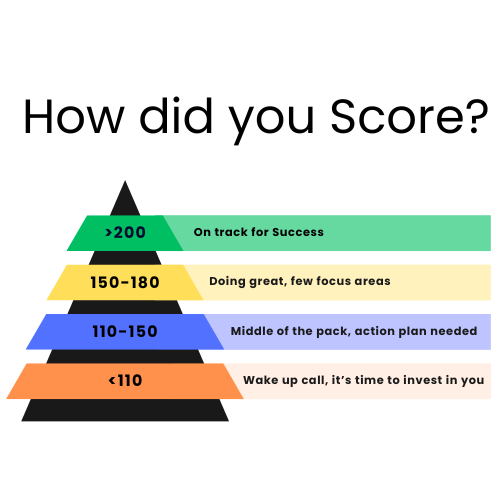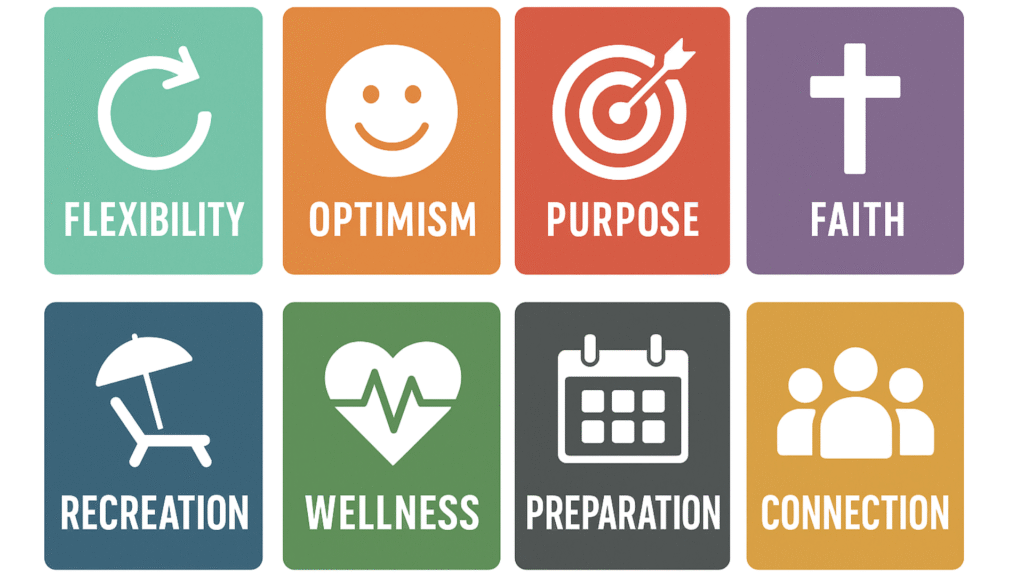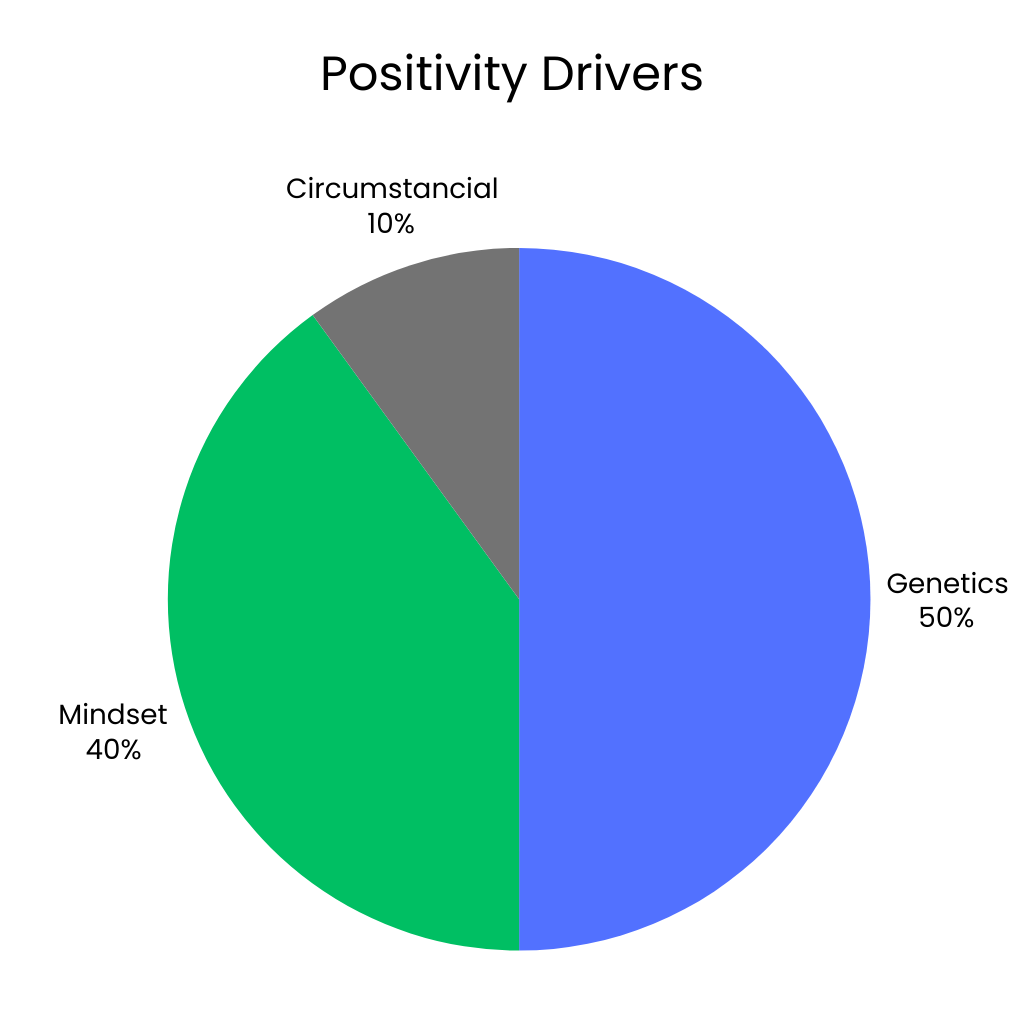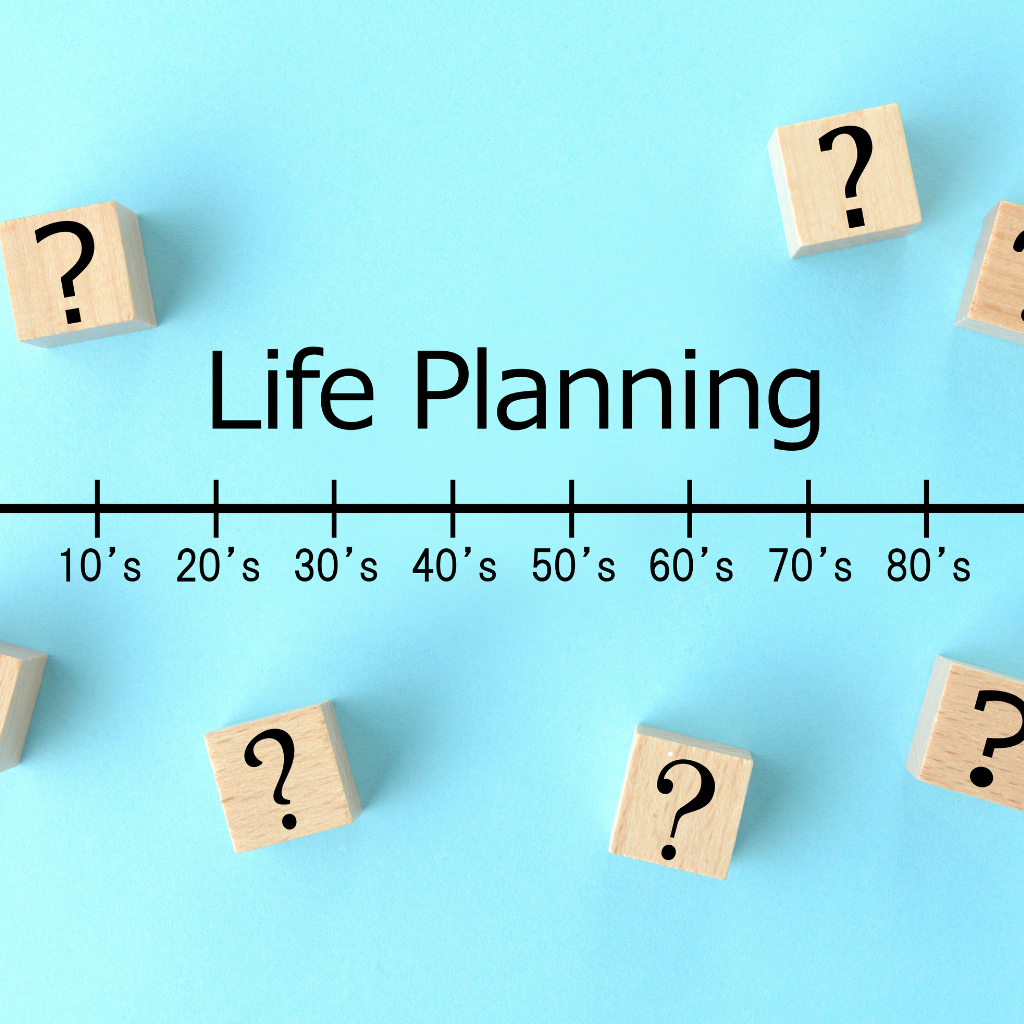The Joy Blueprint was created to help you build a life that’s not only successful, but deeply fulfilling. A life marked not by what you’ve left behind, but by what you’re still becoming.
At the heart of this blueprint are 8 essential attributes — timeless, human elements that shape a joyful retirement and a meaningful life:
Flexibility, to navigate change with grace and resilience.
Optimism, to see possibility in every season.
Purpose, to wake up each day with a reason to engage and contribute.
Faith, to find peace, direction, and strength beyond yourself.
Recreation, to embrace play, joy, and the freedom to explore.
Wellness, to care for your body, mind, and emotional vitality.
Preparation, to plan wisely and live with confidence.
Connection, to nourish relationships that anchor and inspire you.
These aren’t just nice-to-haves. Together, they form a living framework — your blueprint — for crafting a retirement that’s not just free of regret, but filled with joy.
Whether you’re on the cusp of retirement or already in it, this journey invites you to ask bigger questions, make meaningful choices, and live intentionally — starting now.
Let’s begin.
Get started by taking readiness quiz covering questions across each attribute. See how you score!



In retirement, your identity evolves beyond just your job title, focusing instead on your broader sense of self. Discovering what brings you fulfillment early in retirement is essential for a smooth and successful transition. Engaging in activities that make time seem to fly or ones that you find so meaningful that you lose track of time can become the passions that fuel your retirement. To ensure you have a purposeful and enriched retirement, it’s important to start exploring these passions 5-10 years before fully retiring. This early exploration helps you identify what truly excites you and gives you a sense of purpose beyond just financial stability.
To take the next step, we encourage you to click the link below and complete a self-assessment on passions and purpose. As you reflect, record your insights and potential actions on the log form provided. This exercise will help you clarify your interests and set a course for a fulfilling retirement. Click the link below to begin your self-assessment and start building the foundation for a retirement full of meaning and purpose.
In retirement, having a belief in something “bigger” than ourselves can provide significant comfort, especially when facing challenges. This belief becomes even more important during phases 3 and 4 of retirement, when setbacks may be more frequent. Spirituality, in this context, is defined as anything outside of yourself that provides solace, support, and meaning. Cultivating a strong sense of spirituality can be a crucial component in maintaining emotional well-being and resilience during retirement.
It’s important to nurture all eight attributes of a successful retirement in each phase to ensure a fulfilling experience. Spirituality plays a key role in this process by offering a sense of purpose and connection. To begin assessing your current spiritual well-being and identifying areas for growth, we encourage you to click the link below to complete a self-assessment on spirituality. This quiz will serve as a starting point for evaluating your spiritual life and help guide you toward areas that may need focus as you move through your retirement journey.
Click the link below to begin your self-assessment and take the first step toward a more spiritually fulfilling retirement.


In retirement, how you perceive yourself has a greater impact on your success than the actual numbers behind them, such as your age, income, or health. Your mindset and perspective shape your ability to navigate retirement’s challenges and opportunities. While some of us may be naturally inclined toward cheerfulness or grumpiness, everyone has the capacity to cultivate a more positive outlook. By actively examining our thought patterns, we can learn to shift negative thoughts into more optimistic ones. This can significantly enhance our overall retirement experience.
Adopting a positive mindset plays a crucial role in achieving a fulfilling and successful retirement. Click the link to complete a self-assessment on positivity. This tool will help you evaluate your current mindset and uncover areas where you can enhance your outlook.
In retirement, the types of activities you pursue may change over time. It’s essential to choose a diverse range of mentally and physically engaging activities. To ensure a balanced and enriching retirement, focus on three categories. Activities you do in groups, with one other person, and by yourself. These activities don’t have to be your passions, but they should be enjoyable and provide a mental break. This helps you relax and clear your mind. The goal is to find leisure activities that offer balance and joy, and challenge you in different ways.
Leisure is a vital part of a fulfilling retirement, offering moments of relaxation and personal growth. It helps maintain both physical and mental well-being.
Click the link below to begin your self-assessment and discover how to enhance your leisure time in retirement!


After the age of 60, your lifestyle plays a more significant role in determining your longevity than your genetics. This means making conscious choices about diet, exercise, mental health, and overall well-being. The way you “play the hand you’ve been dealt” is what truly matters in retirement and beyond.
Take control of your health and wellness through regular physical activity, balanced nutrition, and stress management practices. This can help you maintain a high quality of life as you age. It’s about making proactive decisions to support your physical and mental health.
Click the link below to complete a self-assessment. This tool will provide valuable insights into your lifestyle and offer guidance on how to create a wellness plan that supports your goals for a healthy and fulfilling retirement.
Among the eight attributes crucial to retirement success, planning stands out as the most significant. Retirees who developed a comprehensive game plan are the most satisfied with their lives. Having a clear plan in place helped them navigate the challenges of retirement with greater confidence and stability.
Interestingly, wealth itself was not as important as the ability to maintain a desired standard of living. Retirees who focused on planning for a lifestyle that didn’t require sacrificing their quality of life found greater satisfaction. This highlights the importance of proactive planning, not just for financial security, but also for ensuring personal fulfillment and well-being.
Click the link below to complete a self-assessment on planning. This will guide you in assessing your readiness for the various phases of retirement.


Building a wide and varied support group is essential for a successful retirement. Surrounding yourself with people of different ages ensures a balanced network of support and connection. Your intimate support group should include your spouse, life partner, or best friend. It would also include your children, grandchildren, and extended family members. However, the definition of “family” is expanding. It now includes close friends, members of religious or social organizations and even pets.
Maintaining ongoing involvement with this diverse support network is crucial throughout the four phases of retirement. These connections provide emotional support, help you stay engaged with the world, and enrich your retirement experience. A strong support system can significantly enhance your quality of life as you transition into retirement.
Click the link below to complete a self-assessment on family and friends. This will guide you in evaluating the strength and variety of your connections and help you build a more fulfilling and supportive retirement.
As we age, physical and mental challenges tend to increase, and fear can become a major barrier when adjusting to life after retirement. The loss of job titles, labels, and external acknowledgments can create a sense of uncertainty. Each phase of retirement brings new challenges, and the ability to navigate these changes effectively is crucial for a fulfilling retirement.
People who have demonstrated adaptability in their first careers often carry that same ability into their retirement, making transitions smoother. Those who have successfully navigated major upheavals before retirement tend to have the confidence and resilience needed to face new challenges. The key to success in retirement lies in the ability to go with the flow, accepting change rather than resisting it.
Being able to adapt is essential for thriving in retirement. Embracing change with an open mind and a positive attitude can make all the difference in your overall satisfaction and success.
To assess how well you manage change and adapt to new situations, we encourage you to click the link below to complete a self-assessment on your ability to go with the flow. This will help you understand your strengths and identify areas for growth as you transition into retirement.
Click the link below to begin your self-assessment and enhance your adaptability for a successful retirement!
